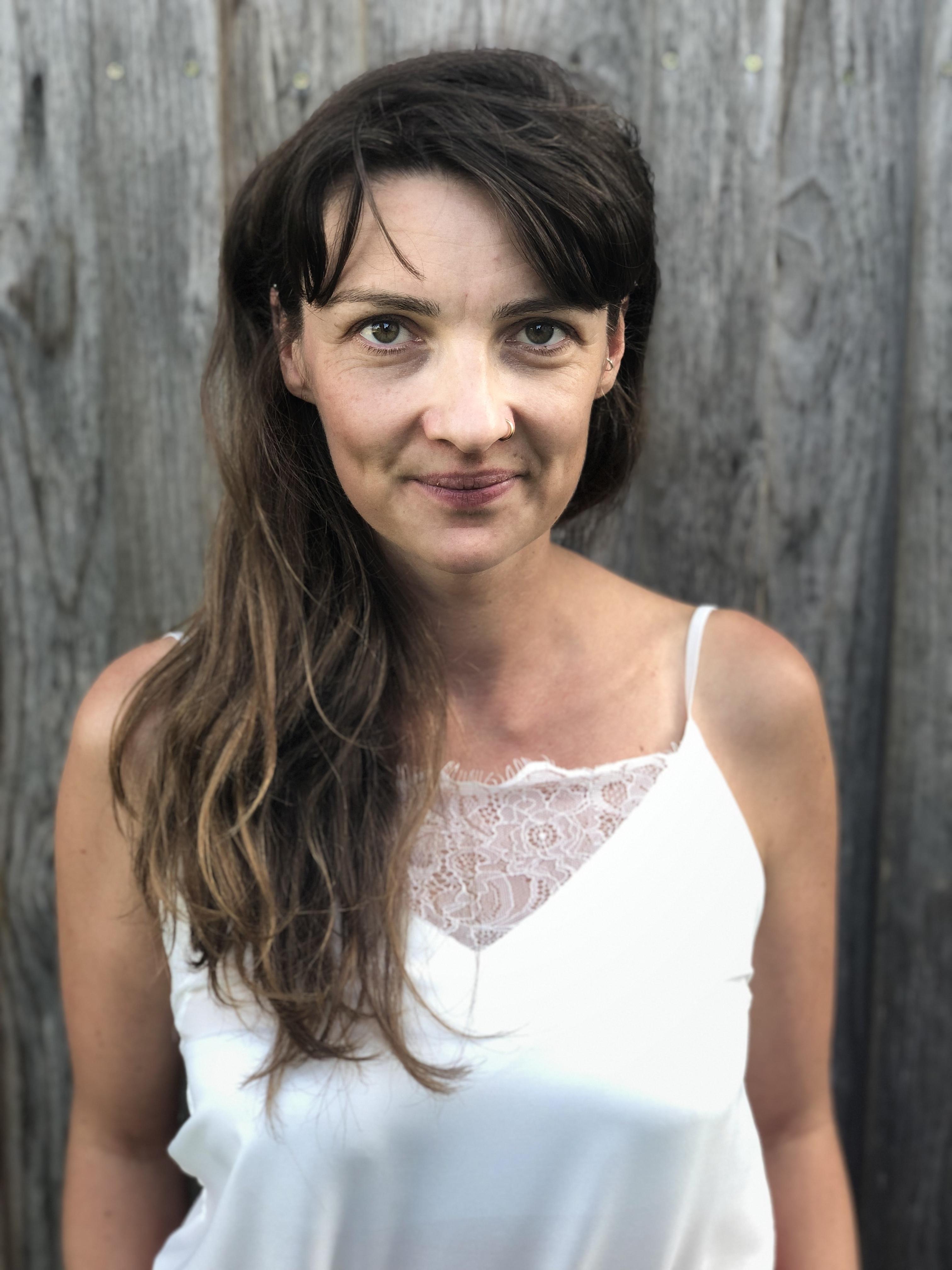
Submitted by D.C. Morgan on Fri, 28/06/2019 - 19:17
Dr Stephanie Hirmer returns to CSD as a Visiting Research Fellow for 2019
We are delighted to welcome Dr Stephanie Hirmer as a Visiting Research Fellow at the Centre for Sustainable Development for 2019. Dr Hirmer previously completed her PhD in CSD and is returning to support teaching on the MPhil in Engineering for Sustainable Development, primarily through a new module on Energy, Development and Rural Livelihood.
She is also involved in the Energy-PIECES (Energy Policy Insights from Early Career Events and Secondments) project, which is a collaborative initiative between Anglia Ruskin University (Global Sustainability Institute (GIS)) and the University of Cambridge (the Centre for Science and Policy (CSaP) and is supported by Practical Action (secondment host). The progamme aims to create opportunities for early career researchers to engage in energy policy related social sciences/humanities research. It's funded by the Engineering & Physical Sciences Research Council (EPSRC), via the UK Energy Research Council’s (UKERC) Whole Systems Networking Fund.
You can find out more about Dr Hirmer and her work on her profile page.
